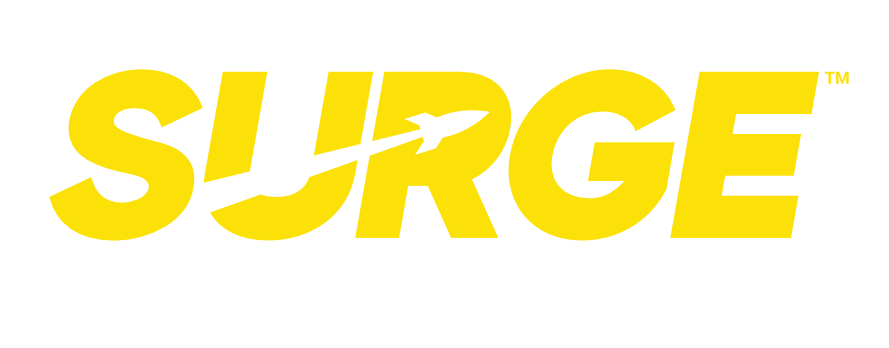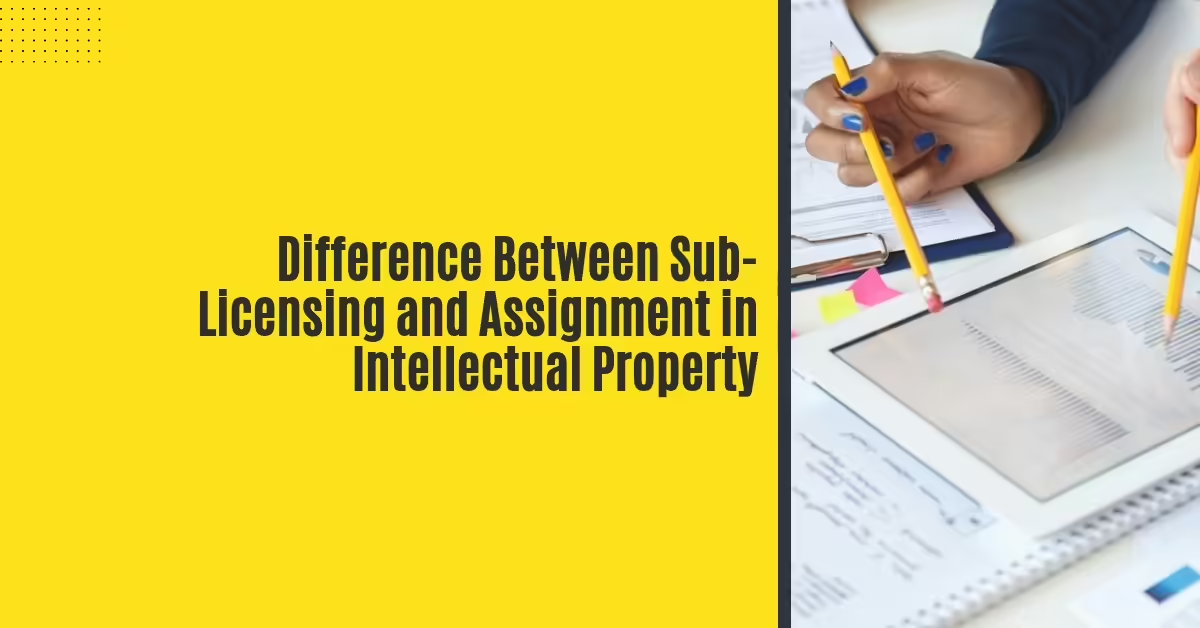Difference Between Sub-Licensing and Assignment in Intellectual Property
Ever wondered about the differences between letting others use your ideas, giving them partial control, or handing over complete ownership? Let’s break down sub-licensing and assignment in intellectual property.
Defining Assignment
An assignment means transferring all your rights and responsibilities to someone else, like permanently handing over an apartment lease.
Sub-licensing and Limited Permissions
Sub-licensing involves giving limited permissions for specific tasks, like manufacturing or marketing, without handing over ownership. It’s like hiring someone for a job.
Open Source Software Licensing
Licenses are super important in open-source software. Different licenses, such as Apache or GNU GPL, decide what users can do with the software. Depending on what you want, you can grant certain rights, like copying, sharing, or using the software.
Importance of Clear Agreements
When letting others use your intellectual property (IP), clear agreements are essential. A well-drafted agreement, ideally by a lawyer, specifies what everyone can and can’t do with the IP.
Watch the full video to know more details. Understanding sub-licensing and assignment helps you protect your ideas while still collaborating with others effectively.
If you want to learn more about protecting your IP rights, subscribe to our YouTube channel https://www.youtube.com/@surgelaw.



